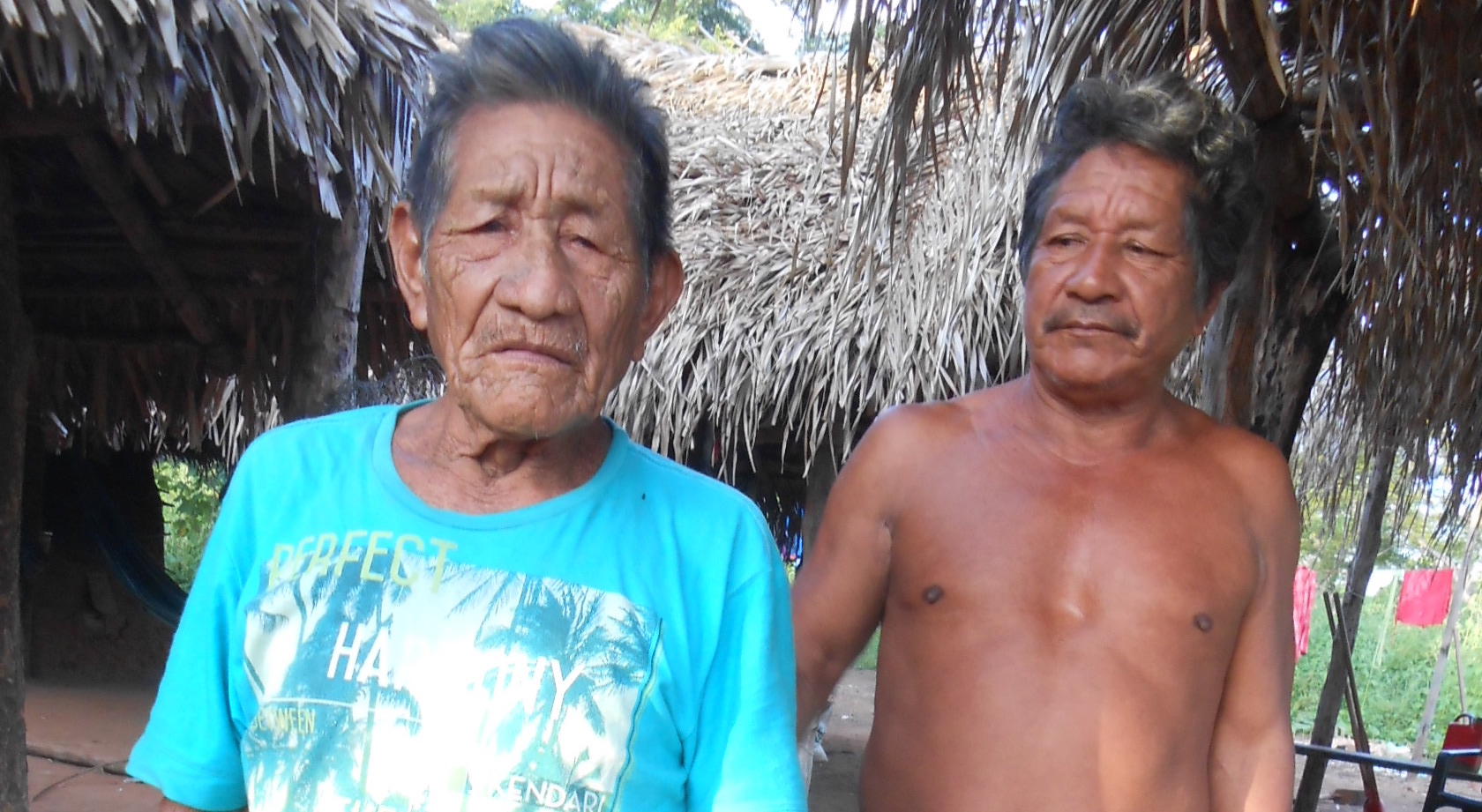José Dias de Oliveira Lopes Guajajara was an indigenous leader dedicated to the defence of the right to land and the protection of indigenous territories.
On November 21, 2016, his body was found in the Mearim river. The indigenous believe “that the murder was due to an old dispute for a tract of land inside the Indigenous Land Bacurizinho”, in the state of Maranhão.
The Guajajara, also known as Tenetehara, are one of the most numerous indigenous peoples in Brazil and they inhabit eleven indigenous lands situated in the state of Maranhão.
Linked to the defence of the right to land, various members of the tribe have received threats and been attacked by outsiders related, mostly, to logging.
The Guajajara from Bacurizinho have been fighting for over three decades for the totality of the indigenous territories.
The members of the tribe are highly repressed by those who wish to steal their lands and natural resources, while receiving no special support or protection. In fact, the daughter of the human rights defender has told the Federal Public Ministry (MPF) that José had received, himself, several threats.
José Dias de Oliveira Lopes Guajajara (on the right of the photograph) is one of the six Guajajara whose lives were taken in a period of 90 days in the end of 2016.
He is a leader to be remembered by his people and by all those who defend human rights.
